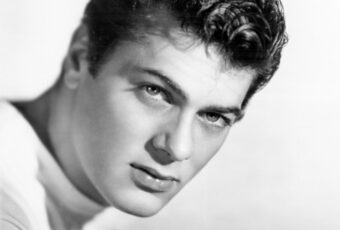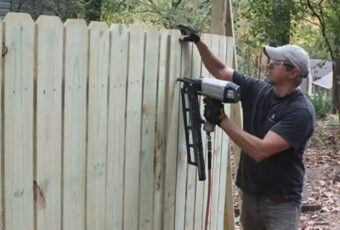Renowned particularly for his portrayals in military dramas, police procedurals, and Westerns, he garnered the moniker “King of Cool.” His stellar status invariably provided fodder for the media, delving into both his public and personal life with enthusiasm. Nevertheless, obscured from common knowledge, there exist several lesser-known tidbits about the enigmatic Steve McQueen.
Abandoned as a Baby
Terrence Stephen McQueen was born in 1930s Indiana to a single mother, Julia Ann. His father’s circus career led to his absence, leaving Julia Ann to raise the child alone. Feeling overwhelmed by the challenges of parenthood, she made the difficult decision to entrust him to her own parents when he was just 3 years old.
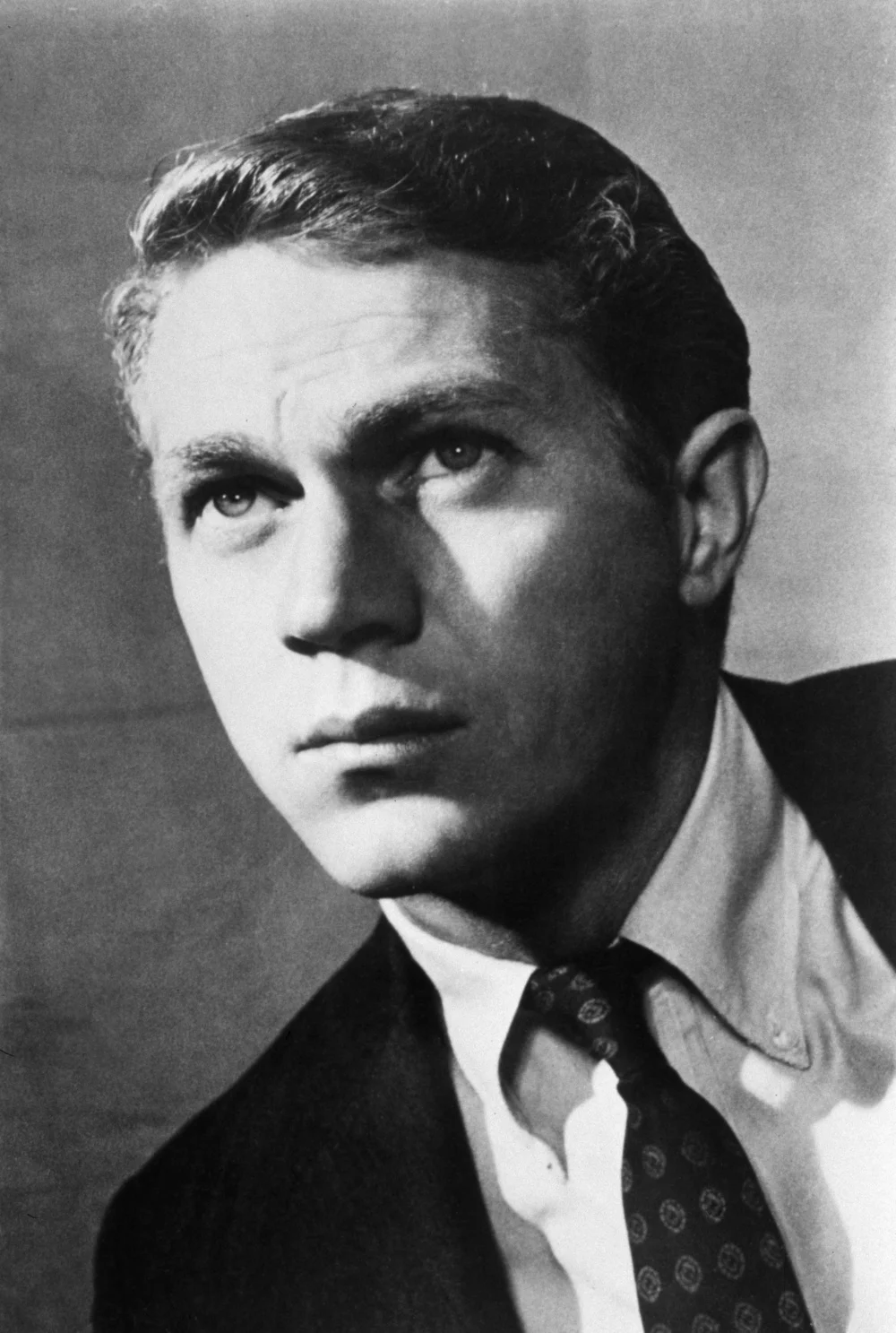
Abandoned As A Baby
Unlikely Father Figure
Young McQueen, along with his grandparents, found a new home alongside his great-uncle Claude, residing on a farm that ignited his affection for rural life. A vivid memory was the red tricycle he received as a birthday gift, which ignited his lifelong passion for car racing.
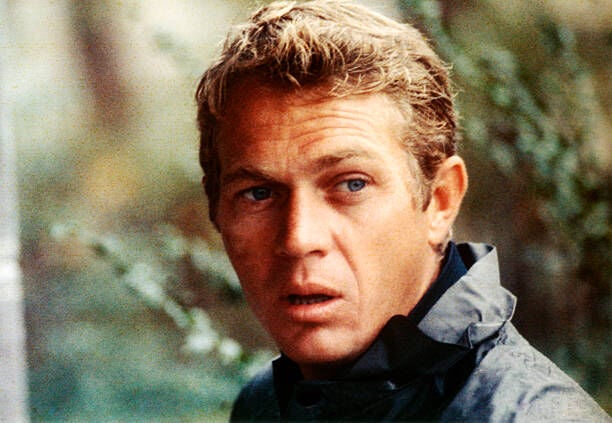
Unlikely Father Figure
The Runaway
Later, he rejoined his mother and her new husband, only to discover his struggle with dyslexia. Additionally, an untreated ear infection resulted in partial deafness. Tragically, his stepfather subjected him to physical abuse, prompting McQueen to escape from home at the tender age of 9.
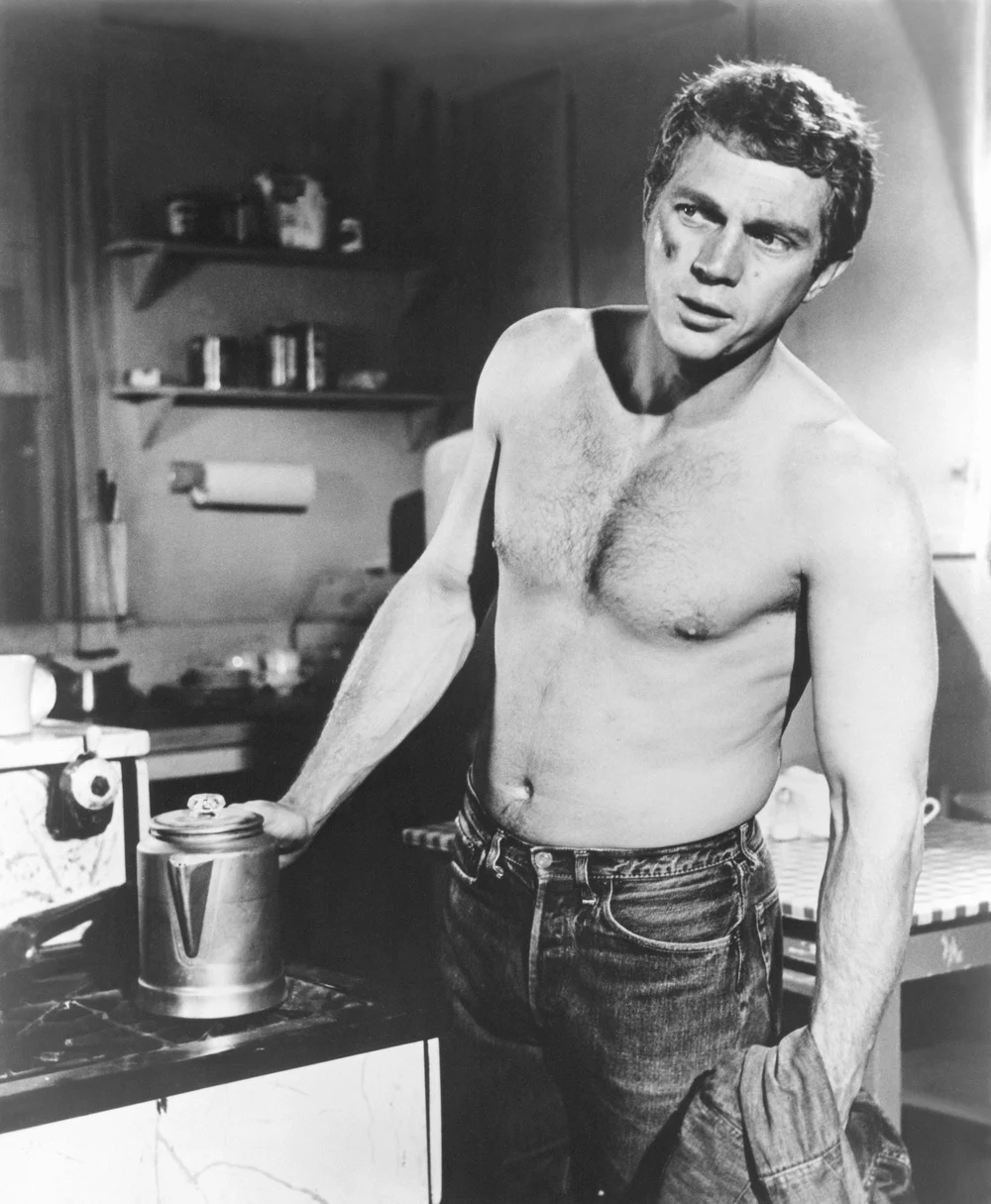
The Runaway
History Repeats
Julia Ann made the decision to send him back to live with his great-uncle, yet she would later bring him back into her own home when she remarried for the third time, this time when McQueen was 12. Unfortunately, this stepfather’s mistreatment of both McQueen and his mother proved to be even more severe, prompting McQueen to return to a life on the streets.
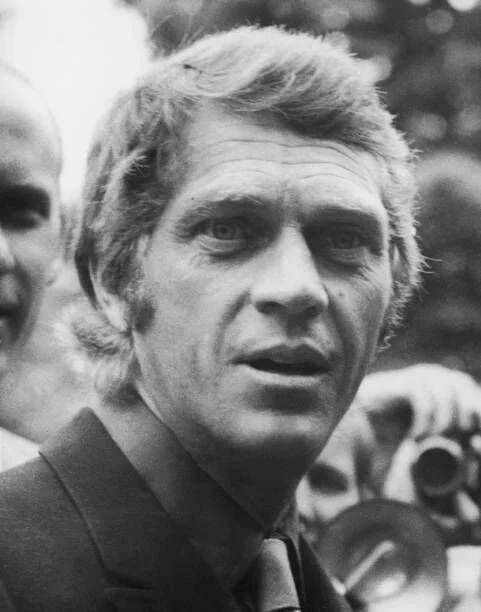
History Repeats
A Violent Past
At 14, McQueen’s life took a criminal turn when he was apprehended for stealing vehicle hubcaps. The authorities opted to deliver him to his stepfather instead of formal charges. This decision had dire consequences as McQueen faced further abuse, leading him to stand up against his tormentor.
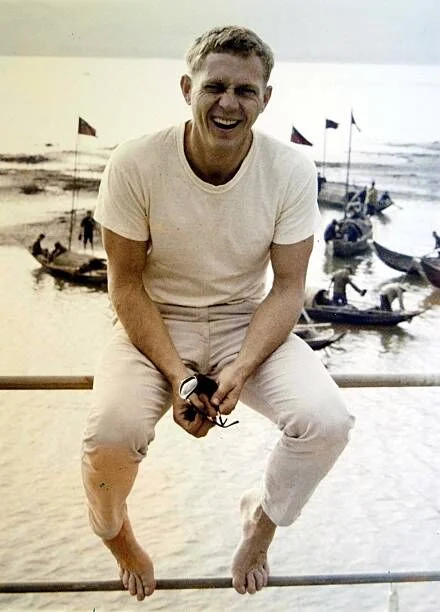
A Violent Past
Joining the Republic
Recognizing the need for discipline, Julia Ann and her husband enrolled McQueen in the California Junior Boys Republic, a school for juvenile delinquents. McQueen later acknowledged that this experience may have been instrumental in setting him on a more positive path.
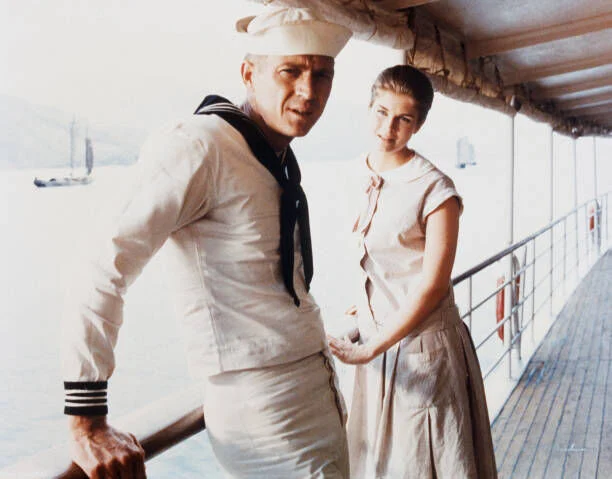
Joining The Republic
Making an Impact
Throughout his zenith as an actor, McQueen gained a reputation for being demanding. His earnings in the 1960s often surpassed those of his peers. Even on film sets, he would make unique requests like jeans and electric razors. Studios often acquiesced, only later discovering that McQueen donated these items to the Boys Republic.
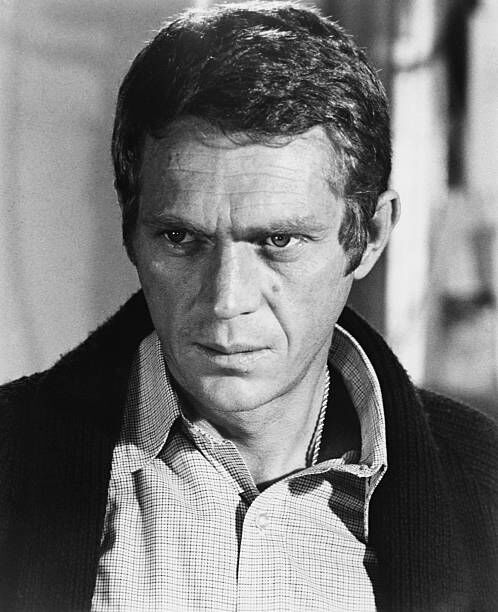
Making An Impact
Need for Speed
While he became renowned for his roles featuring motorcycle and car pursuits, McQueen’s need for speed extended beyond the screen. His personal collection boasted an array of vintage, rare, and classic vehicles, including the famed Porsche 908 from the film “Le Mans.”
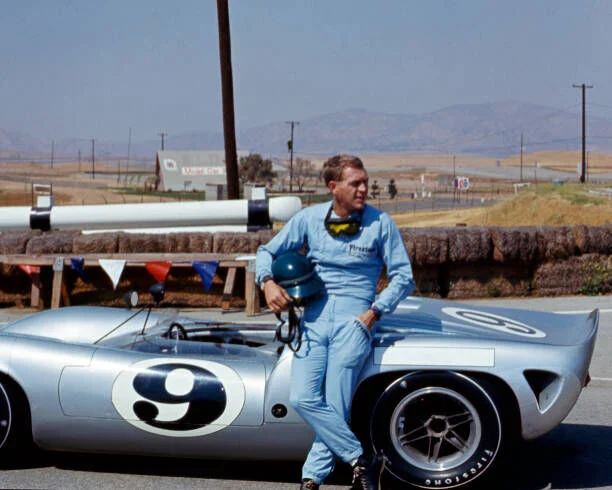
Need For Speed
His Television Career
McQueen’s breakthrough in the entertainment industry transpired through television with his role in Wanted Dead or Alive, which premiered in 1958. As Josh Randall, a bounty hunter, McQueen garnered attention from industry executives but subsequently chose not to pursue further television work.
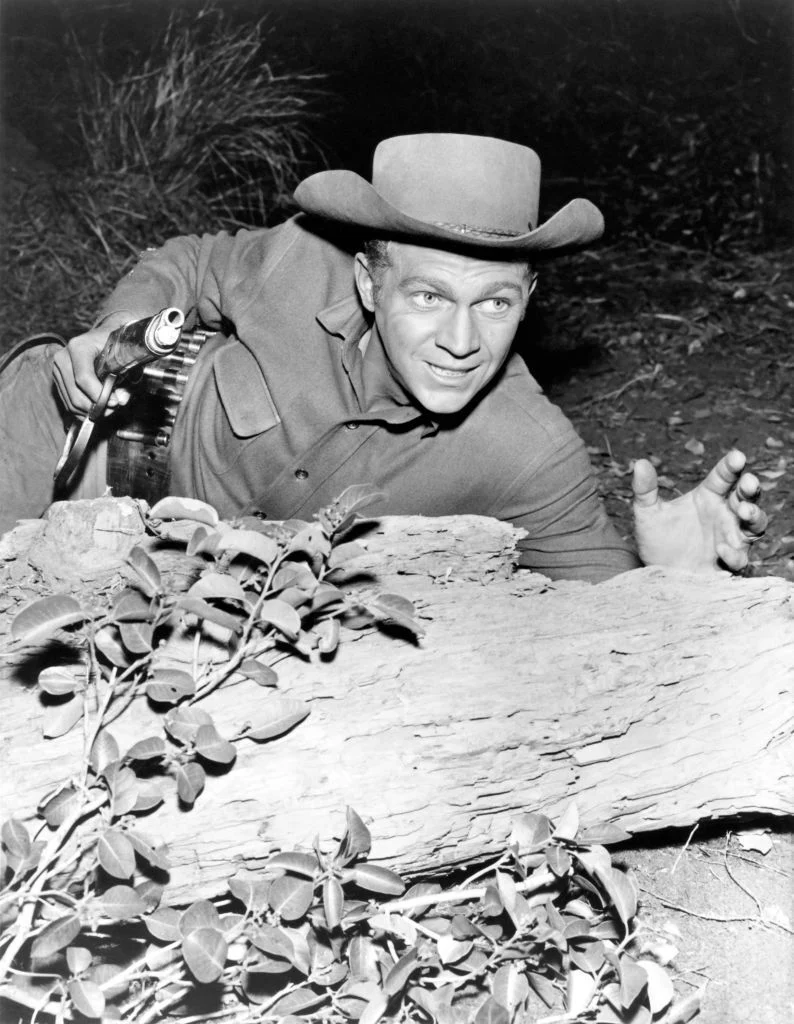
His Television Career
Diverse Resume
Prior to embarking on his acting career, McQueen led a nomadic life, taking on a variety of odd jobs. While he enlisted in the Merchant Marines at 16, he quickly abandoned the post and even worked in a brothel. His employment history included stints as a carnival barker, roughneck, and lumberjack.
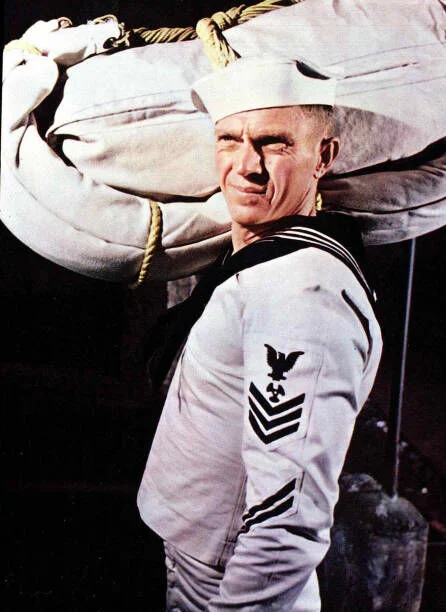
Diverse Resume
Noisy Neighbors
During the 1970s, McQueen resided in Malibu, sharing a neighborhood with Keith Moon, the drummer of The Who. Moon had a peculiar habit of leaving his bathroom light on, which directly faced McQueen’s bedroom, causing sleeplessness. Eventually, Steve resorted to using a shotgun to shatter the bothersome light.
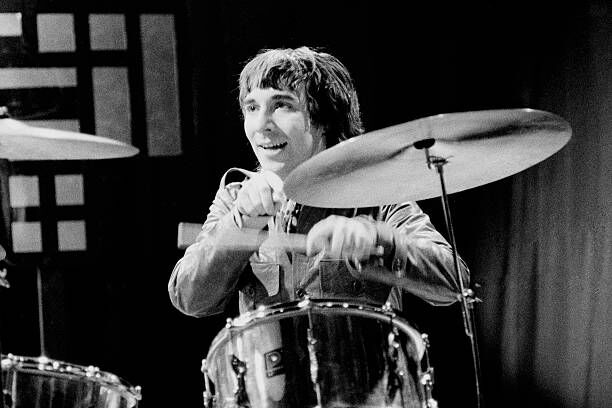
Noisy Neighbors
Missed Roles
Despite his immense success, Steve McQueen had his share of missed opportunities. One of the most noteworthy was his rejection of a role in Breakfast at Tiffany’s. He had been offered the part of Paul Varjak, but a prior commitment to Wanted Dead or Alive prevented him from taking it up.
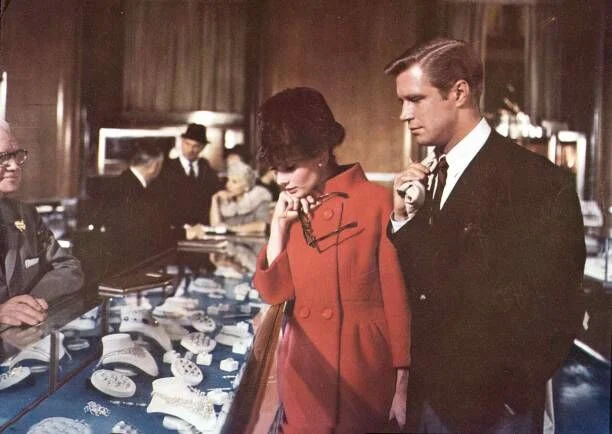
Missed Roles
Overly Committed
However, McQueen’s determination to not miss out led him to extraordinary measures, as seen in his pursuit of a role in The Magnificent Seven. He orchestrated a staged vehicle crash and used it as a reason to convince the studio that he couldn’t fulfill his commitments to the TV series, thereby securing his place in the film.
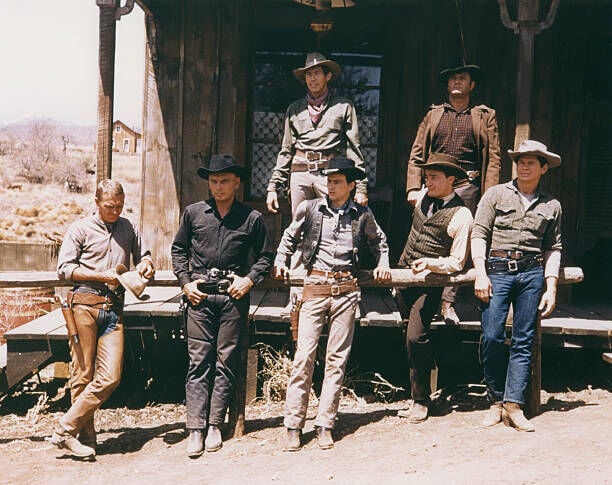
Overly Committed
Fit for the Part
McQueen exuded a natural aura of masculinity, often gravitating towards action-oriented roles. This required him to maintain peak physical condition. Despite his smoking and drinking habits, he adhered to a rigorous regimen involving daily 5-7 mile runs and two-hour workout sessions.
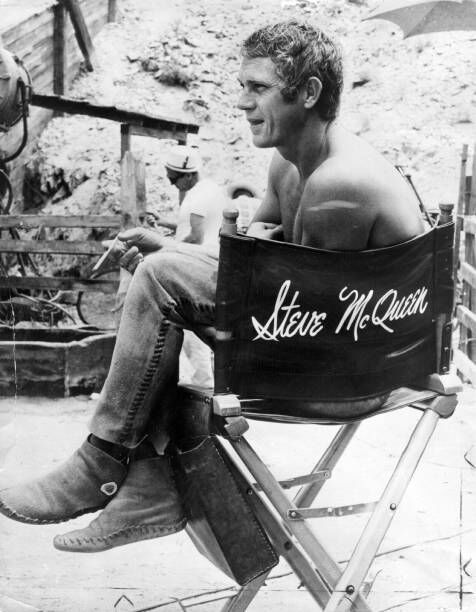
Fit For The Part
People’s Champion
An instance that highlighted McQueen’s integrity occurred during the production of Papillon. When the film’s finances hit a roadblock, and production was halted due to lack of funds, McQueen, three weeks later, insisted on ensuring that everyone involved received their rightful pay before he resumed work. Fortunately, the financial issues were eventually resolved.
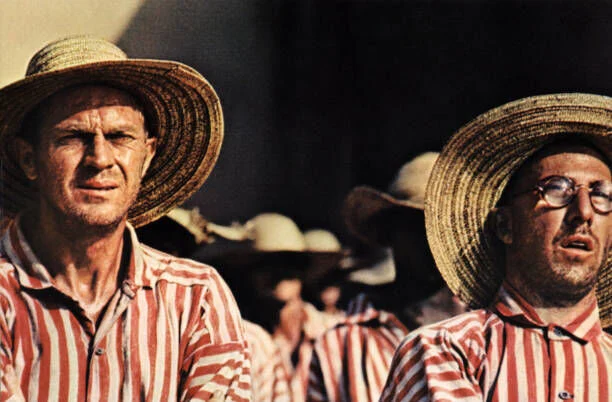
People’s Champion
Mistaken Masters
While McQueen trained under Pat E. Johnson in Tang Soo Do, it’s commonly misattributed that his trainer was Bruce Lee or Chuck Norris. This misconception might have arisen due to his son Chad’s involvement in martial arts as well.
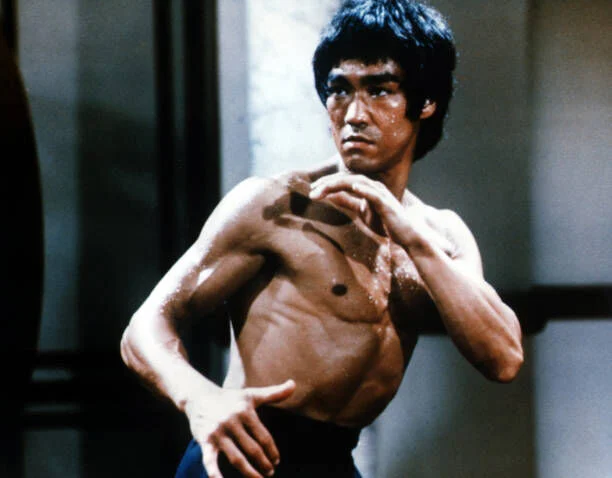
Mistaken Masters
Clashing Egos
In the film The Magnificent Seven, Yul Brynner requested McQueen to undertake the role of Vin Tanner. Yet, clashes arose during filming, primarily due to McQueen’s character having limited lines, prompting him to devise ways to draw more attention to himself on-screen.
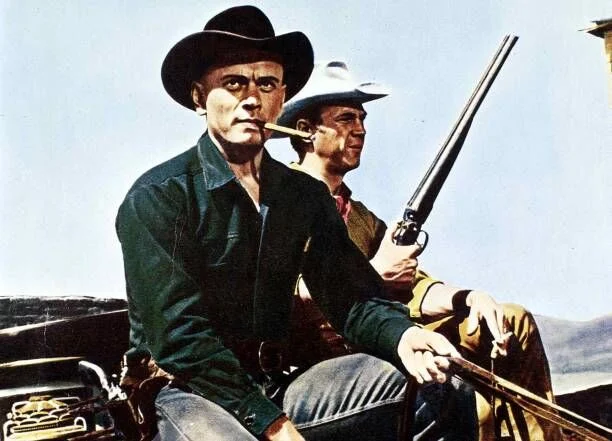
Clashing Egos
Familiar Faces
McQueen’s collaboration with director John Sturges resulted in the completion of three films: Never So Few, The Great Escape, and The Magnificent Seven. Notably, Charles Bronson was also part of the ensemble in all these movies.
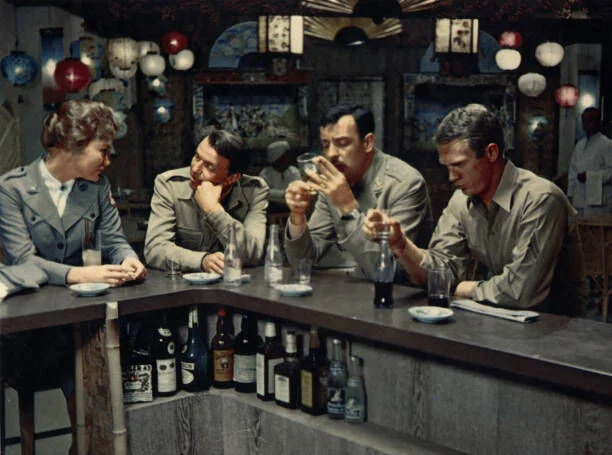
Familiar Faces
Rejected Roles
Steve declined offers for roles in Butch Cassidy and The Sundance Kid, primarily due to his reluctance to relinquish top billing to Paul Newman. Fueled by weariness of cop-oriented films, he also passed on The French Connection. Additionally, his inability to summon tears on demand rendered him unsuitable for a role in Close Encounters of the Third Kind.
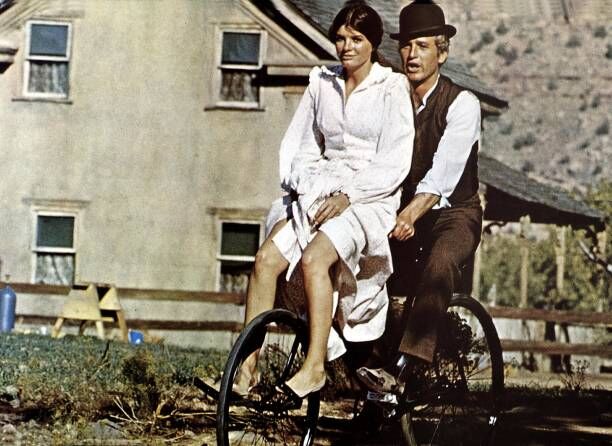
Rejected Roles
Getting Away
Among McQueen’s numerous declined roles, one he ardently desired stood out. He attempted to adapt the First Blood novel into a film upon its release, only to later be deemed “too old” for the role. Consequently, Sylvester Stallone took on the character and propelled himself into the iconic Rambo franchise.
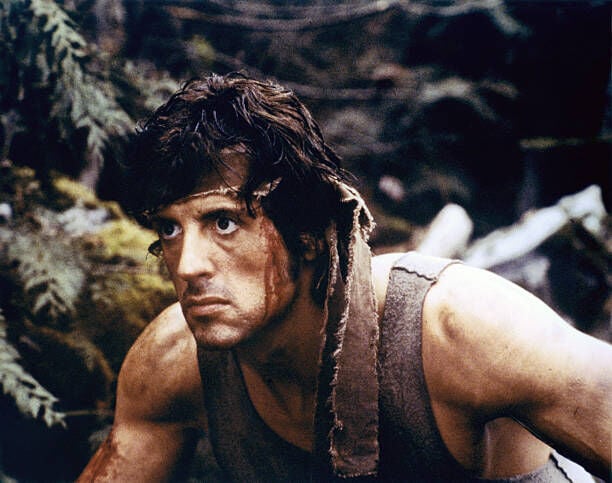
Getting Away
The Favorite
McQueen’s illustrious career extended over four decades and a span of 30 years, during which he assumed 29 roles in various films. Among these, his favorite character was undoubtedly Frank Bullitt, the police lieutenant entrusted with safeguarding a witness against the menacing mob.
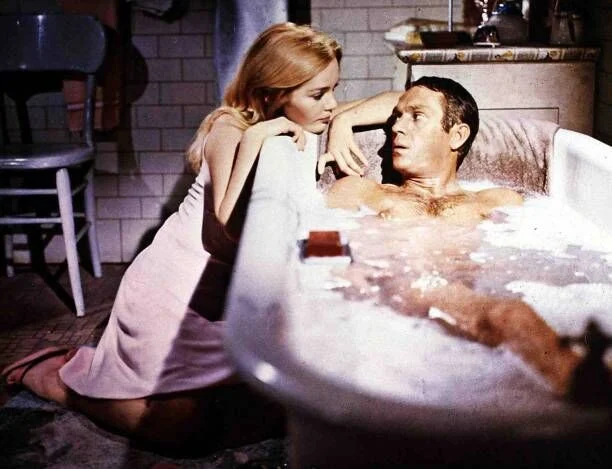
The Favorite
Come on Board
Interestingly, Robert Vaughan, another actor in Bullitt, initially rejected the role due to reservations about the plot. However, McQueen’s insistence prompted the studio to substantially increase the offer, ultimately persuading Vaughan to take on the part.
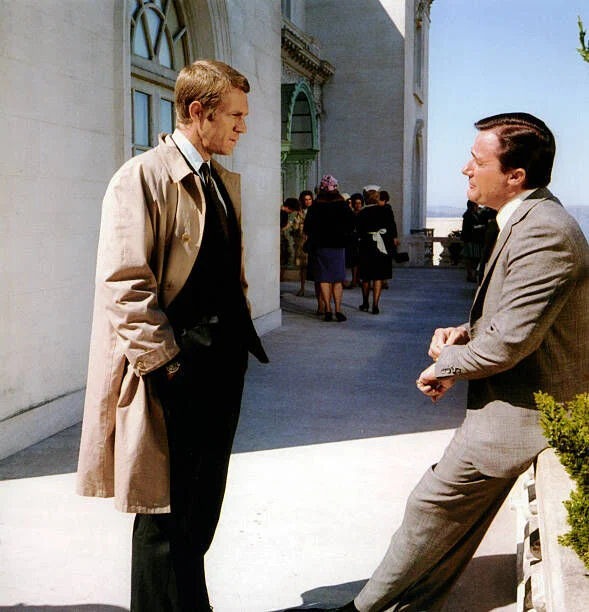
Come On Board
Always Playing Cool
In preparation for his role in Bullitt, McQueen engaged in immersive research by shadowing police officers. An unexpected trip to the morgue during a ride-along aimed to shock him, but in his trademark cool demeanor, McQueen simply enjoyed the journey while munching on an apple.
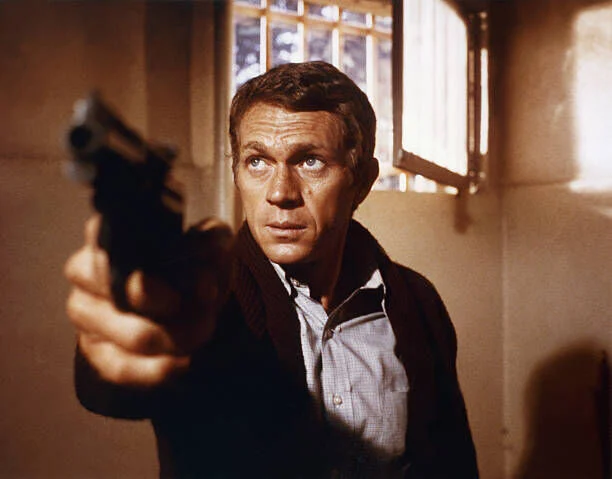
Always Playing Cool
The Almost Role
The script for The Bodyguard, penned by Lawrence Kasdan in 1975, had envisioned Steve McQueen and Diana Ross in the lead roles. However, a staggering 67 individuals rejected the project, resulting in its shelving for about two decades. Eventually, Kevin Costner assumed the role due to McQueen’s passing.
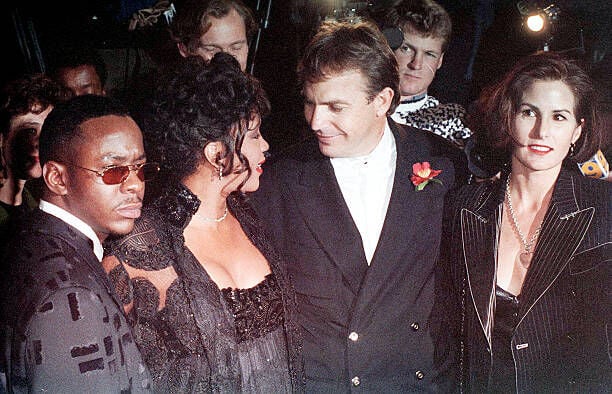
The Almost Role
Facts Don’t Matter
The Great Escape remains one of McQueen’s most renowned films, centered around a World War II POW camp. An iconic scene has him eluding Nazi pursuers on a stolen motorcycle and leaping over fences. McQueen’s insistence on including the stunt, even though it was fictionalized, exemplified his commitment to authenticity.
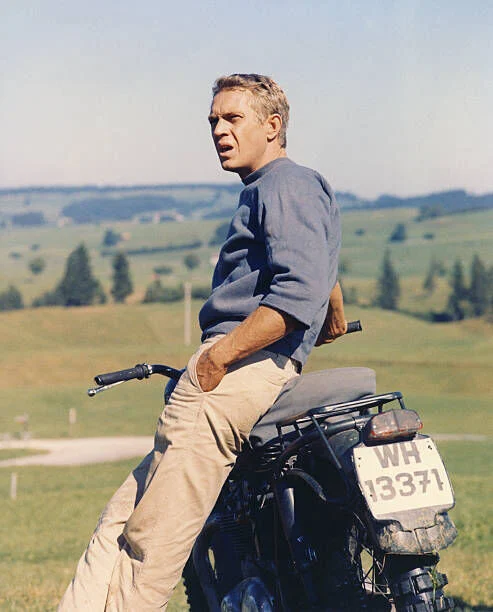
Facts Don’t Matter
Stunt Trouble
Recognized for his fervent love of motorcycles, McQueen integrated his passion into The Great Escape by portraying a Nazi chasing his character on a motorbike. However, his reluctance to crash the bike led professional stuntman Bud Edkins to perform the daring feat.
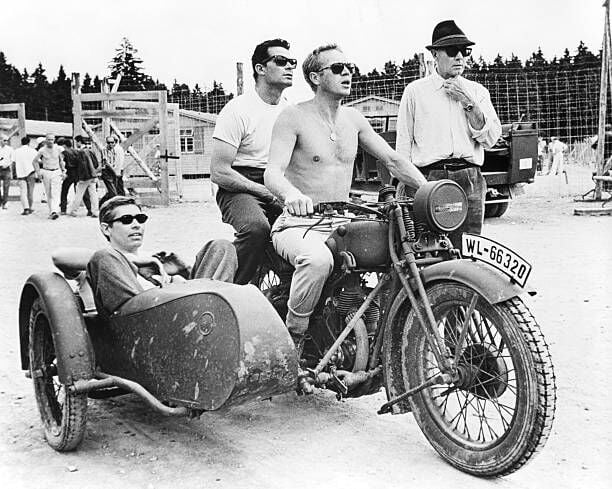
Stunt Trouble
The Seven Return?
Following the success of The Magnificent Seven, the studios aimed to create a sequel titled Return of the Magnificent Seven. However, Yul Brynner was the sole original cast member willing to return. McQueen’s disapproval of the script and Brynner’s lack of interest in his return led to this sequel not coming to fruition.
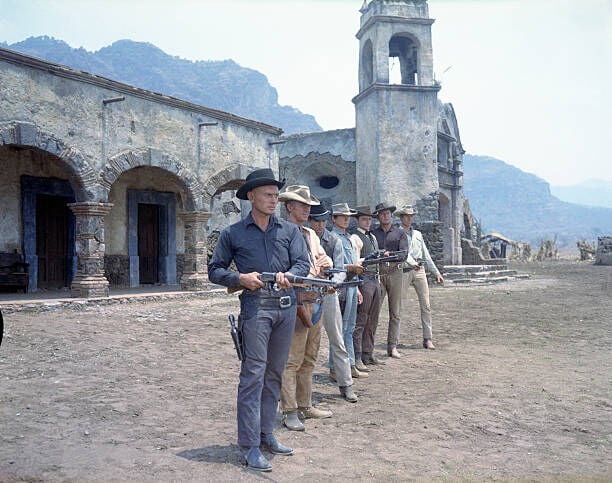
The Seven Return
Famous Rivals
During the filming of The Towering Inferno, McQueen’s role and lines were substantial. However, he insisted on script alterations to ensure that Paul Newman received an equal share. Driven by his competitive nature, McQueen sought to establish his prowess as the superior actor.
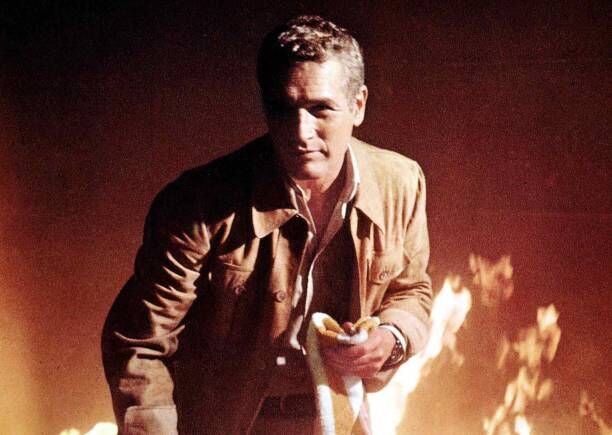
Famous Rivals
A Coincidental Date
The date of March 24 holds significance in McQueen’s life, as it was his birthday, and it was also intertwined with The Great Escape. While the film took liberties with many events, March 24 was the authentic date when 76 Allied prisoners successfully escaped from Stalag Luft III, the POW war camp.
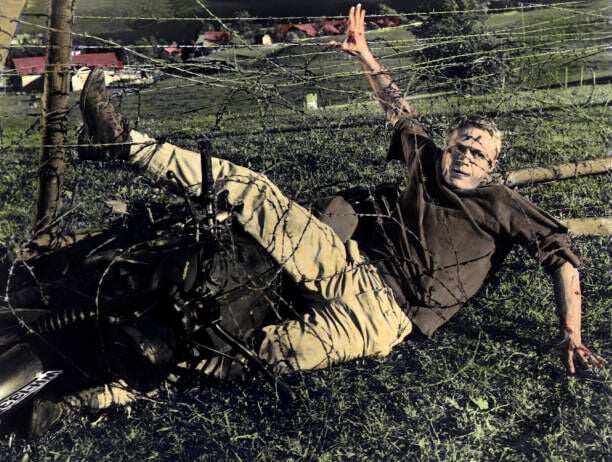
A Coincidental Date
Dangerous Games
McQueen’s allure attracted significant female attention, at times leading to complications. His involvement with Mamie Van Doren in the 1960s coincided with her relationship with Howard Hughes. McQueen’s confrontation with Hughes stemmed from the latter’s possessiveness over Van Doren.
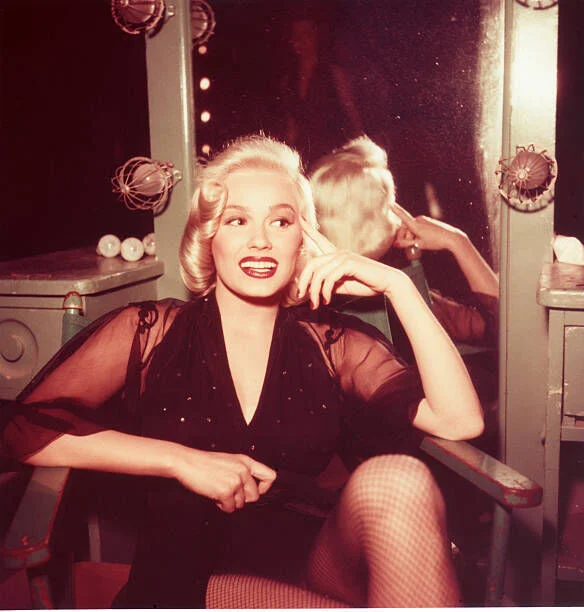
Dangerous Games
A Narrow Escape
Remarkably, McQueen’s womanizing tendencies inadvertently saved his life. In August 1969, he was slated to join a dinner at Sharon Tate’s home. Fate intervened as he canceled last-minute. Tragically, the Manson family attacked, claiming the lives of five individuals, including the pregnant Tate.
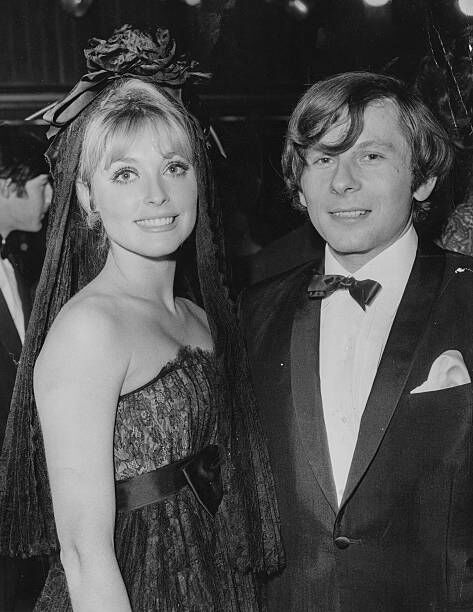
A Narrow Escape
Living in Fear
News of Tate’s death profoundly affected McQueen. His fortunate cancellation spared him, although the Manson family had specifically targeted him. This experience led him to maintain a constant vigilance by carrying a firearm.
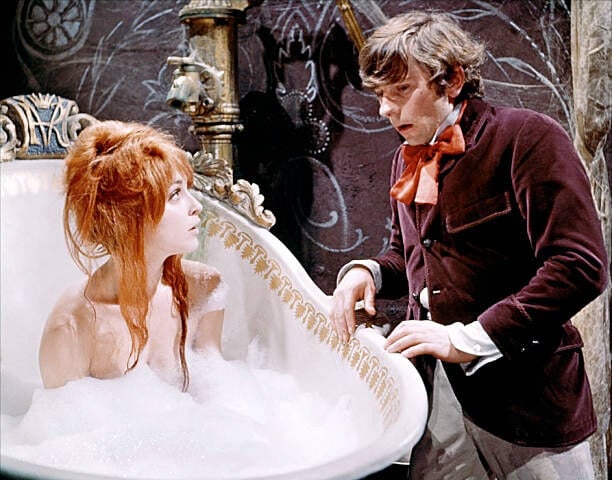
Living In Fear
A Modern Portrayal
Quentin Tarantino’s Once Upon a Time…in Hollywood paid homage to the 1960s era and included a storyline inspired by McQueen and his stunt double. The narrative explores their efforts to navigate a changing world and intertwines with the issues surrounding the Manson family.
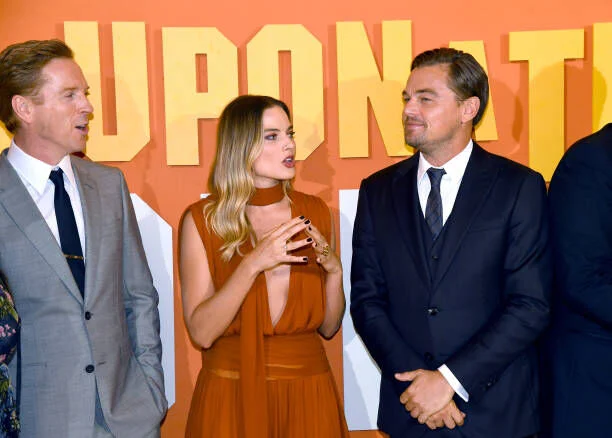
A Modern Portrayal
Steve and Sam
While McQueen and John Sturges enjoyed a collaborative partnership, an alternate trajectory could have unfolded. McQueen and Sam Peckinpah had originally envisioned collaborating on four films, although this aspiration never materialized due to various reasons. Despite this, they managed to join forces for The Getaway and Junior Bonner.
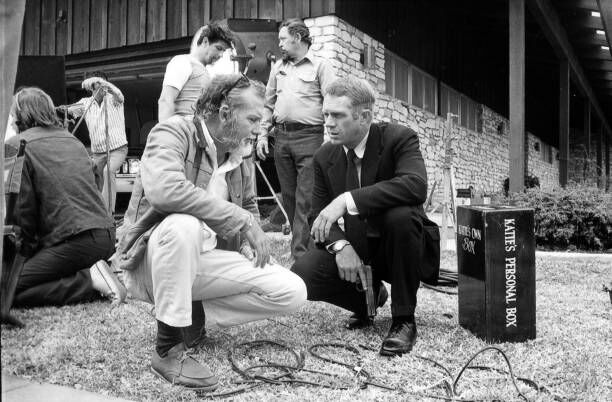
Steve And Sam
The Getaway
Released in 1972, The Getaway emerged as a substantial financial success for both artists. Nonetheless, the journey was marred by challenges. A clash arose between McQueen and Peckinpah when McQueen sought final cut privileges, a prerogative typically reserved for directors.
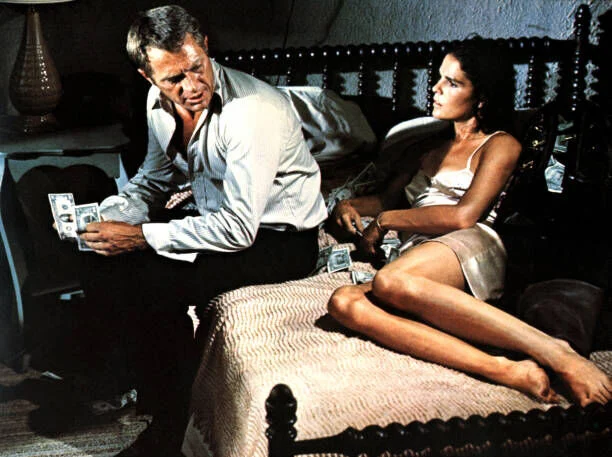
The Getaway
Players Get Played
Amid the production of The Getaway, an intimate relationship blossomed between McQueen and Ali MacGraw, who was married at the time. Some speculate that this affair may have adversely affected McQueen’s chances of securing an Academy Award. Given that MacGraw’s former spouse held significant producing influence, McQueen might have encountered a form of professional backlash.
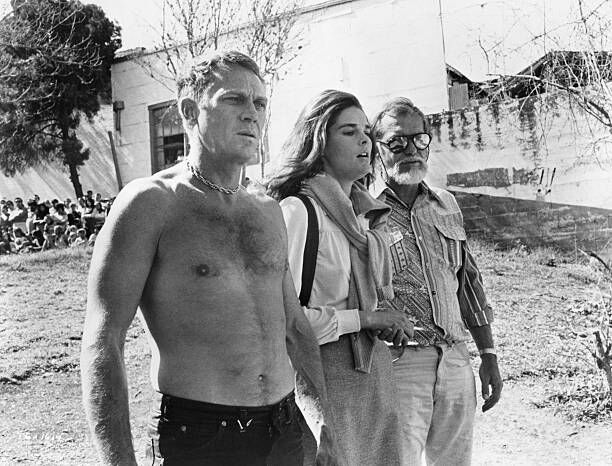
Players Get Played
Love Never Dies
The public eye remained fixated on the passionate connection between MacGraw and McQueen, inevitably fueling a degree of scandal. Their undeniable chemistry resonated with audiences, leading to their eventual marriage. However, the union was relatively short-lived, lasting only five years.
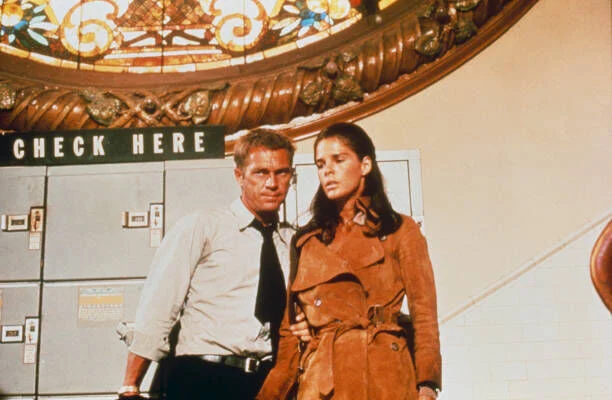
Love Never Dies
The First Signs
Tragically, Steve McQueen’s life was cut short by lung cancer, eventually leading to his passing in 1980. The diagnosis of this life-threatening condition was notably delayed. In one of his final scenes for The Hunter, McQueen abruptly vanished from view as he turned a corner, struggling to catch his breath.
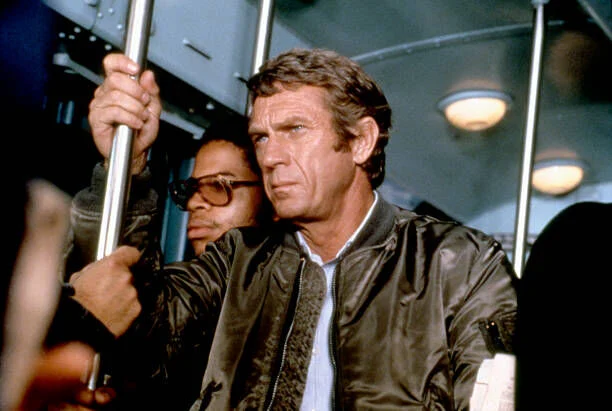
The First Signs
Toxic Work Environment
Aware of his declining health, McQueen embarked on his final film endeavor, Tom Horn. However, this Western production encountered numerous challenges. The studio initially aimed to fashion it into a four-part TV series, eventually entering production with a revolving door of directors, five of whom either departed or were dismissed.
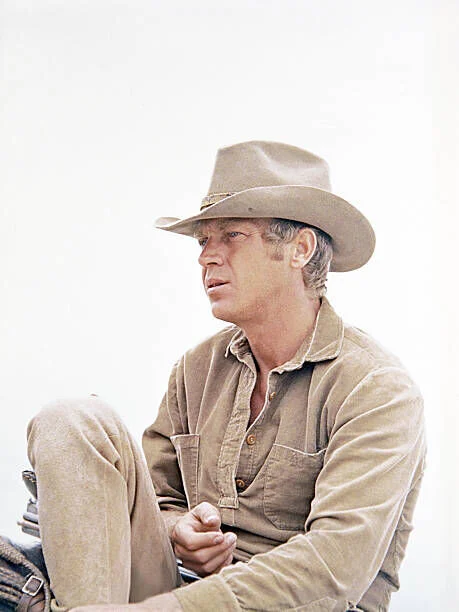
Toxic Work Environment
Reunited in the End
The animosity between Yul Brynner and McQueen, a well-known and enduring feud, took an unexpected turn. In a remarkable twist, Steve reportedly extended gratitude to Yul in their final exchange. Despite their acrimonious history, McQueen acknowledged the opportunity Brynner had provided him on The Magnificent Seven, offering a semblance of closure between them.
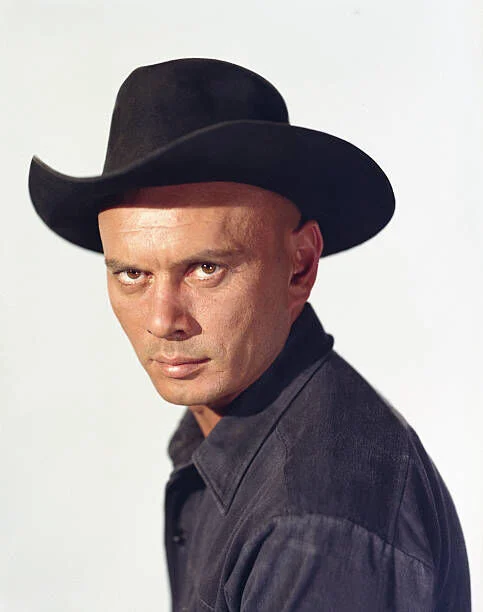
Reunited In The End



